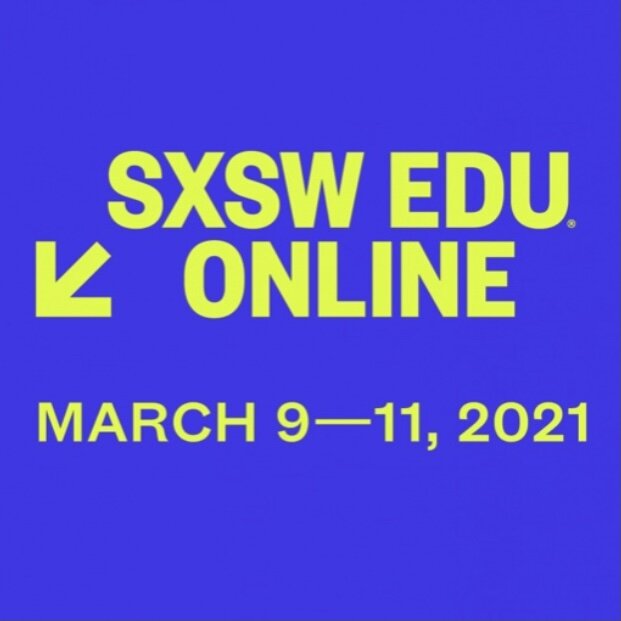COVID-19 and Reaching Students with Disabilities Online, a session led by Drs. Stephanie W. Cawthon and Elizabeth Barker, was selected among hundreds of submissions for 2021 SWSW EDU, an international gathering of educators and thought leaders seeking to advance teaching and learning.
This session — which is in the Converse format and the only one in the Equity & Justice track — will be a conversation in English and American Sign Language with two leading special education experts that focuses on driving dialogue and connecting communities around the topic of delivering a quality education to students with disabilities through remote learning in the middle of a pandemic.
They will address and dialog with participants about how to:
-
Provide support and accommodations
-
Implement universal design for remote learning
-
Address assessment and IEPs during COVID-19
-
Ensure students are participating and engaging
The session is scheduled for Tuesday, March 9, at 2:30 – 3:15pm CT. Registration for SXSW EDU is required for attendance (accommodations are available, with a February 26 deadline for requesting an ASL interpreter or other requests).
SXSW EDU speakers hail from across the globe, including Brazil, Kenya, New Zealand, Colombia, the Netherlands, and more. The opening keynote for the three-day event is a conversation between Oprah Winfrey and Dr. Bruce Perry.
Elizabeth Barker, PhD, is Accessibility Research Manager for NWEA. Her current research focuses on how growth trajectories vary among students with visual impairments, deafness and hearing loss, and other disabilities.
A world-renowned expert in access and equity for disabled people, Stephanie W. Cawthon, PhD, is Professor at The University of Texas at Austin’s College of Education and Founding Director of the National Deaf Center on Postsecondary Outcomes.
